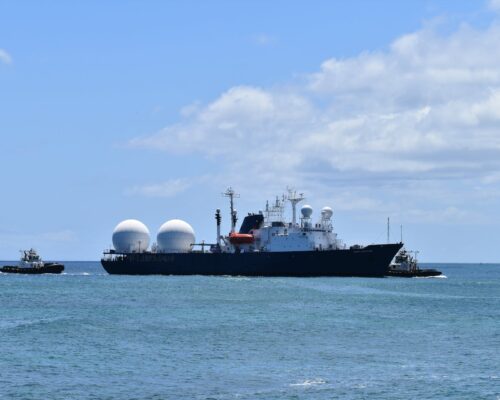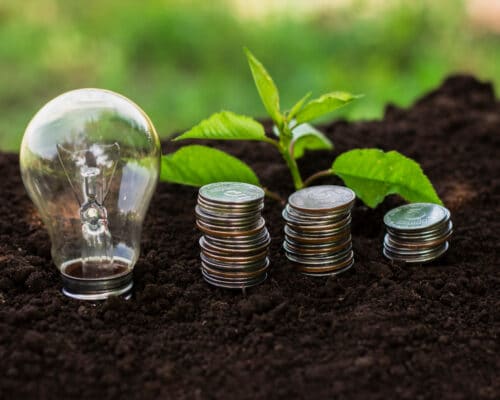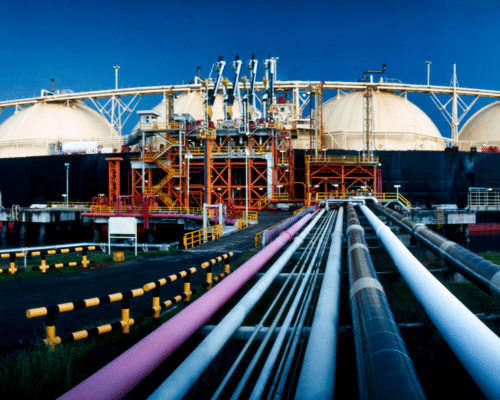Natural Gas
Top 10 Uses of Natural Gas
Natural gas is increasing in popularity as an alternative to oil and coal. However, it is still a fossil fuel, producing carbon dioxide and methane emissions. The world needs to consider if natural gas is a viable fuel in the long term and should develop alternative renewable infrastructure.
Hydrogen Oil: Green vs Blue, What’s the Difference?
Hydrogen energy is significantly more efficient than fossil fuels. Even more importantly it can be produced in a sustainable way and is considered a "renewable energy" source. Unfortunately, this is not true for all types of hydrogen energy and largely depends on how it is produced.
Environmental Issues in the Philippines and New LNG Projects
The fossil gas expansion in the Philippines, mainly fueled by SMC, is taking place amid the worsening climate and energy crisis. The move risks burdening the nation with high energy costs, unreliable supply, stranded asset risk, increased energy dependency and a devastating impact on the environment.

The Impact on Japan as President Biden Halts LNG Exports From New Plants
While President Biden’s decision doesn’t threaten energy security and short-term deliveries, it is yet another nail in the coffin of the theory that natural gas is the reliable “bridge fuel” the world needs.

Clean Coal vs Renewables: Economic Costs and Gains For Southeast Asia
Despite the subsidies and industry support, Japan’s proposed technologies are struggling to prove promising even at home. Yet, it aims to export them to countries with much more fragile economies and significant challenges. Crunching the numbers reveals that Southeast Asia has a lot to gain if its pursues renewables instead.

Is LNG Clean Energy?
LNG primarily consists of methane, a much more potent greenhouse gas than carbon dioxide. As a result, natural gas does have negative environmental impacts. However, it produces fewer greenhouse gases than coal and oil. This makes it a viable transition fuel, yet it will require strict financial and policy oversight to remain only a short-term fuel source.
The Philippines’ Choice: Going Clean or Going With SMC
The Philippines has immense clean energy potential and has already witnessed the benefits of tapping into it. Whether the government continues in this direction will reveal if its priorities lay with the corporations or the public interest.

Southeast Asia’s New Gas Projects Hit Record High, Report Shows
Southeast Asia is ramping up investment in new natural gas fields. However, this new gas emits even more CO2 emissions when used for the region's power sector. Renewables offer both a cheaper and more environmentally friendly alternative.

LNG Expansion in the Philippines Harms Communities and Coral – Podcast
Energy Insights spoke with Liza Osorio about the Philippines and San Miguel Corporations' LNG expansion impacts on communities and coral reefs.
Japan’s Carbon Capture Investments in Australia Pose Significant Financial Risk
Japan continues to fund carbon capture projects in Australia despite lacklustre results and high costs resulting in mounting financial losses.
Natural Gas Forecast 2023: Demand in Asia to Bounce Back
While natural gas prices are expected to remain low, they would still be above their historical averages. As a result, Asian countries' imports would still be costly, even in an ideal world without any market volatility.
Thailand’s LNG Development Is Not The Way Forward For Its Energy Sector
Thailand is one of the few Asian countries ramping up LNG procurement as prices for the fuel dip. This comes as it needs gas to drive a post-COVID economic recovery. However, lower prices are only part of the story. The other part is that Thailand is a natural gas-based economy.
How the Unreliability and Unpredictability of Fossil Fuels Hurt Bangladesh
Bangladesh has suffered enough from fossil fuel import dependence and has experienced first-hand how the dirtiest fuels affect the climate. However, thanks to its clean energy potential, the country holds the keys to an independent and sustainable future.
Japan’s Natural Gas Dependence: A Liability For the G7
Japan imports over 90% of its natural gas. As a result, it is reliant on the global LNG market and current events to dictate supply and energy costs. This is a liability that was highlighted in 2022 due to the country's dependence on Russian natural gas. Developing a robust renewable energy grid is the only viable long-term solution.
Most Popular
Categories
-
9
-
31
-
127
-
4
-
17
-
39
-
51
-
14
-
15
-
10
-
23
-
6
-
155
-
162
-
23
-
1
-
22
-
30
-
36
-
66
-
14
-
74
-
40
-
17
-
6
-
28
-
21
-
85
-
245
-
20
-
35
-
31
-
9
-
41
-
35

